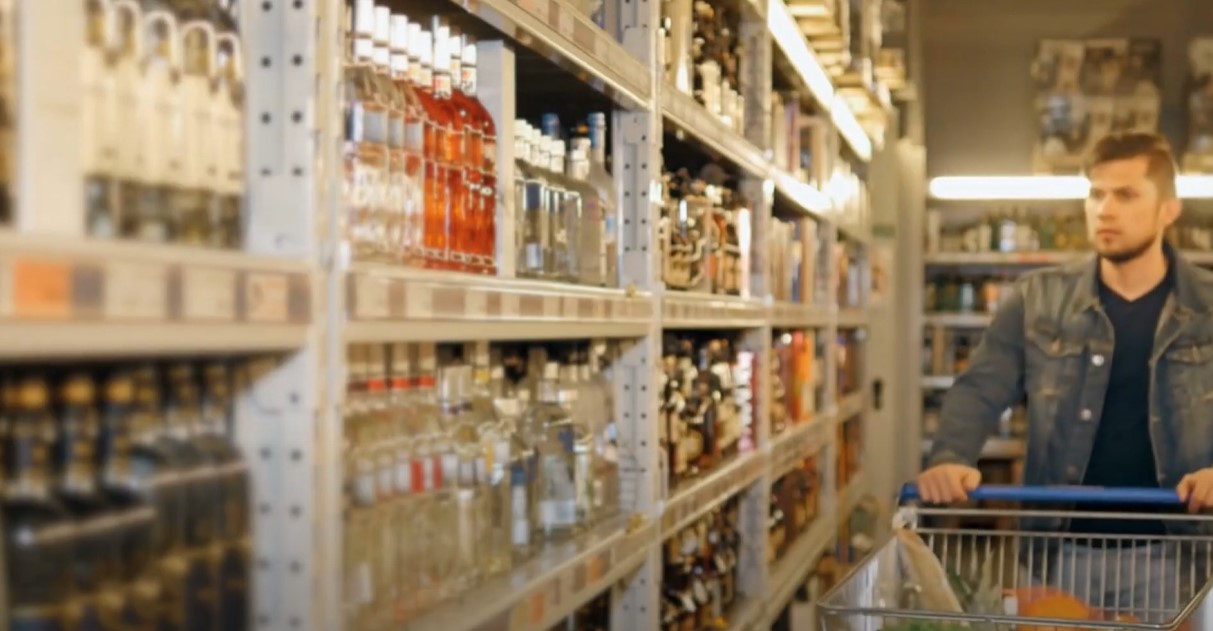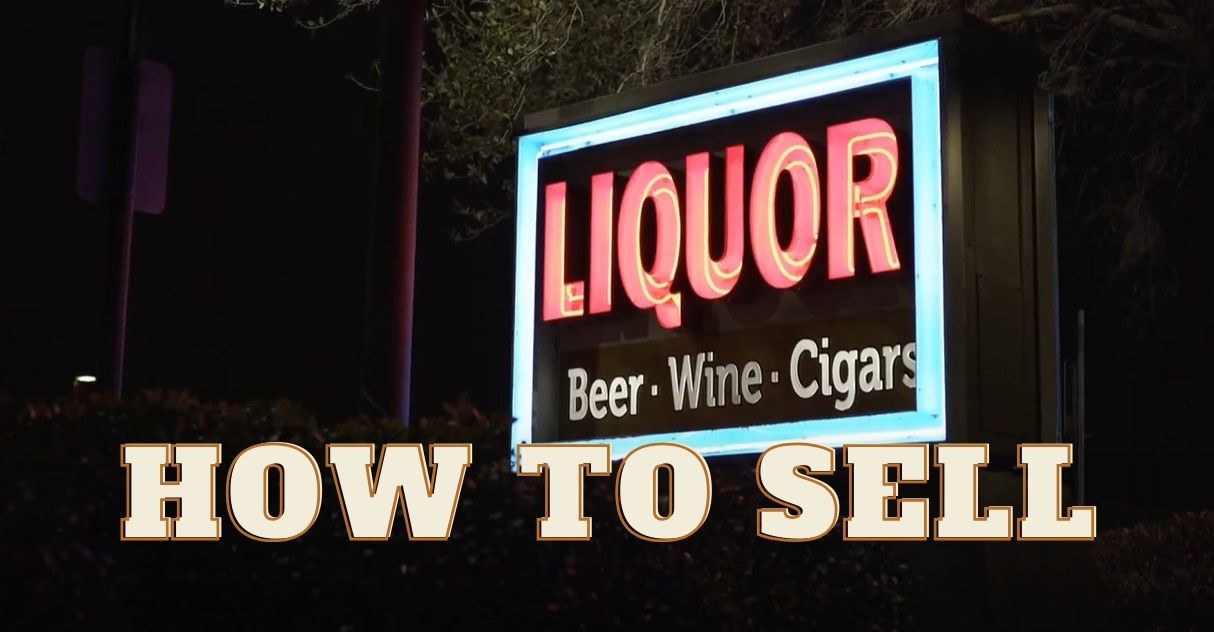Selling liquor online has become an increasingly lucrative business, thanks to the rise of e-commerce and changing consumer behaviors. The COVID-19 pandemic accelerated this trend, pushing alcohol sales to surpass $6 billion in 2021. This shift offers a significant opportunity for entrepreneurs willing to navigate the complexities of selling liquor online. This comprehensive guide will walk you through the steps necessary to successfully establish and operate an online liquor store, covering licensing, compliance, e-commerce platforms, marketing, and more.
Introduction
With the global shift towards online shopping, consumers are now more inclined to purchase alcohol online. The convenience of browsing through extensive collections, reading detailed descriptions, and having liquor delivered right to their doorstep makes online shopping a preferred choice for many. However, selling liquor online is not as straightforward as selling other products. It involves adhering to various regulations, ensuring age verification, managing shipping logistics, and building customer trust. This guide aims to provide you with all the necessary information to help you successfully launch and run your online liquor store.
Licensing and Compliance
Obtain the Necessary Licenses
Before you can start selling liquor online, you must secure several licenses:
- Alcohol Dealer Registration: Required to legally sell alcohol.
- State Retailer License: Specific to each state where you plan to sell.
- Shipping License: Necessary for shipping alcohol across state lines.
- E-commerce Liquor License: Allows online sales of alcohol.
The licensing requirements can vary significantly between states. For instance, some states require a shipping license for each state to which you ship alcohol. Ensure you research and comply with all state-specific regulations to avoid legal issues.

Understand Alcohol Shipping Laws
Shipping alcohol involves strict regulations. Some states allow the shipment of all types of alcohol, while others restrict it to specific types, such as wine or beer. A few states, like Alabama, Oklahoma, and Utah, prohibit direct-to-consumer alcohol shipments entirely. Familiarize yourself with these laws to ensure compliance and avoid penalties.
Setting Up Your Online Store
Choose the Right E-commerce Platform
Selecting the right e-commerce platform is crucial for your online liquor store. Popular platforms include Shopify and Wix, both of which offer robust features tailored for selling alcohol online:
- Shopify: Ideal for large inventories with advanced data insights, inventory management, and customizable product collections. It’s particularly suitable for businesses with extensive product ranges.
- Wix: Best for smaller inventories, offering features like delivery options, subscription services, and easy integration with social media platforms.
Build a User-Friendly Website
Your website should be visually appealing and easy to navigate. High-quality product images and detailed descriptions can enhance the shopping experience. Make sure your site is mobile-responsive and provides a seamless checkout process. Implement robust age verification systems to comply with legal requirements and ensure that only eligible customers can purchase alcohol.
Secure Payment Processing
Partner with trusted payment gateways to handle transactions securely. Display security badges and SSL certificates on your website to build customer trust and ensure their financial information is protected.
Read also: How to Sell Alcohol Online
Inventory Management
Effective inventory management is critical to running a successful online liquor store. Use a robust POS system integrated with your e-commerce platform to track stock levels, manage reorders, and provide insights into sales trends. This integration helps streamline operations and ensures you can meet customer demand without overstocking.
Marketing Strategies
Build Your Brand Identity
Creating a strong brand identity helps differentiate your store from competitors. Consistent branding across your website, product packaging, and marketing materials fosters recognition and loyalty. Use a cohesive color scheme and professional design elements to make your brand memorable.
Engage Customers with Content
Utilize social media platforms like Facebook, Instagram, and Twitter to promote your products, share engaging content, and interact with customers. Blogging about industry trends, new product launches, and cocktail recipes can attract traffic to your site and improve your search engine rankings.
Offer Competitive Pricing and Promotions
Competitive pricing and attractive promotions can drive sales and retain customers. Consider offering free shipping, discounts on bulk orders, and loyalty programs. Subscription services for regular deliveries can also boost customer retention and provide a steady revenue stream.
Ensuring Customer Trust
Provide Excellent Customer Service
Responsive and helpful customer service is essential for building trust and loyalty. Offer multiple channels for customer support, including email, live chat, and phone. Address customer inquiries and issues promptly and professionally.
Maintain a Secure Website
A secure website is vital for protecting customer data and maintaining trust. Use SSL certificates and other security measures to safeguard transactions. Clearly communicate your privacy policies and ensure customers feel safe shopping on your site.
Shipping and Logistics
Choose Reliable Shipping Carriers
Partner with reliable shipping carriers to ensure timely and safe delivery of your products. Consider carriers experienced in handling alcohol shipments to navigate the specific regulations and requirements involved.
Implement Efficient Shipping Practices
Use efficient packaging methods to protect products during transit and minimize shipping costs. Provide customers with tracking information and updates to enhance their shopping experience and build trust.
Frequently Asked Questions
Can I sell liquor online legally?
Selling liquor online is legal, but it requires compliance with various state and federal regulations. You must obtain the necessary licenses and permits, adhere to alcohol shipping laws, and implement age verification systems. Each state has specific requirements, so it’s important to research the laws in your area to ensure you operate within legal boundaries.
What licenses do I need to sell alcohol online?
To sell alcohol online, you typically need several licenses, including an Alcohol Dealer Registration, a state retailer license, a shipping license, and an e-commerce liquor license. The specific licenses required can vary by state, so it’s crucial to consult with your local liquor control board or licensing authority to obtain the correct permits.
How can I ensure age verification for online alcohol sales?
Age verification is a critical component of selling alcohol online. Implement robust age verification systems that require customers to provide valid identification. This can include ID scanning and selfie verification to cross-reference documents. Additionally, ensure that the delivery company you work with understands and complies with ID checking requirements upon delivery.
What are the best e-commerce platforms for selling liquor online?
Several e-commerce platforms are well-suited for selling liquor online, including Shopify and Wix. Shopify offers advanced data insights, inventory management, and customizable product collections, making it ideal for businesses with large inventories. Wix is user-friendly and provides features like delivery options and subscription services, which are great for smaller inventories.
Both platforms support secure payment processing and age verification integrations.
How do I handle shipping for an online liquor store?
Shipping alcohol requires careful adherence to state and federal regulations. Partner with reliable shipping carriers experienced in handling alcohol shipments. Ensure that your packaging protects products during transit, and provide customers with tracking information to enhance their shopping experience. Be aware of state-specific shipping laws, as some states restrict or prohibit alcohol shipments.
These FAQs should help you navigate the initial steps of selling liquor online, ensuring compliance and a smooth operation. Always stay informed about regulatory changes and industry best practices to maintain a successful online liquor store.
Visitor Comments
- John Doe: “Starting my online liquor store was a challenging yet rewarding experience. The initial hurdle was navigating through the licensing process, which required meticulous attention to detail and a good understanding of state-specific laws. Once that was sorted, choosing the right e-commerce platform was crucial. I opted for Shopify because of its robust inventory management and secure payment processing features. The age verification system integrated seamlessly, ensuring compliance without hassle. Marketing my store through social media and content marketing proved highly effective, attracting a steady flow of customers. It’s been a journey, but seeing the positive customer feedback makes it all worthwhile.”
- Jane Smith: “I launched my online liquor store last year, and it has been an incredible journey. The most significant challenge was ensuring compliance with the various shipping laws across different states. Partnering with reliable shipping carriers and using secure packaging were essential steps. I chose Wix for my website due to its user-friendly interface and the ability to integrate subscription services, which has been a hit with my customers. Consistent branding and customer engagement through social media have helped build a loyal customer base. The key to success has been a strong focus on customer service and maintaining a secure, easy-to-navigate website.”
- Michael Brown: “Running an online liquor store requires a deep understanding of both e-commerce and alcohol regulations. The licensing process was rigorous, but it was crucial for ensuring that my business operated legally. I used Ecwid as my e-commerce platform because it offered excellent customization options and supported multiple payment gateways. Age verification was a significant concern, but integrating a reliable verification system addressed this issue effectively. Inventory management and maintaining a secure website were also critical aspects that contributed to the smooth operation of my business. The feedback from customers has been overwhelmingly positive, especially regarding the convenience of online shopping and home delivery.”
- Emily Davis: “When I decided to sell liquor online, I knew that compliance would be a major focus. Securing the necessary licenses and understanding state-specific shipping laws were my top priorities. I selected Shopify for my online store because of its advanced data insights and inventory management capabilities. Marketing my store through social media and email campaigns helped attract a diverse customer base. Implementing a robust age verification system was essential to ensure that all transactions were legal and secure. The journey has been challenging, but the satisfaction of running a successful business and the positive customer reviews make it all worth it.”
- Robert Johnson: “Setting up an online liquor store was a dream come true for me. The initial steps involved obtaining the correct licenses and understanding the complex shipping regulations. I chose Wix for my e-commerce platform because of its ease of use and the ability to offer subscription services, which has been a great way to retain customers. Ensuring a secure payment process and integrating an effective age verification system were critical to maintaining compliance. Consistent and engaging marketing strategies, such as social media promotions and content marketing, have played a significant role in attracting and retaining customers. The overall experience has been highly rewarding.”
- Laura Wilson: “Launching my online liquor store was a significant milestone in my entrepreneurial journey. The process began with securing the necessary licenses and thoroughly understanding the alcohol shipping laws, which varied from state to state. I opted for Shopify due to its comprehensive features, including inventory management and secure payment processing. Age verification was a critical aspect, and integrating a reliable system helped ensure compliance. Building a strong brand identity through consistent marketing efforts on social media and email campaigns helped attract a loyal customer base. The positive feedback from customers regarding the convenience and variety offered by my store has been incredibly fulfilling.”
Conclusion
Selling liquor online presents a promising business opportunity, but it requires careful planning and adherence to regulatory requirements. By securing the necessary licenses, choosing the right e-commerce platform, building a strong brand, and implementing effective marketing and customer service strategies, you can establish a successful online liquor store.

Leave a Reply